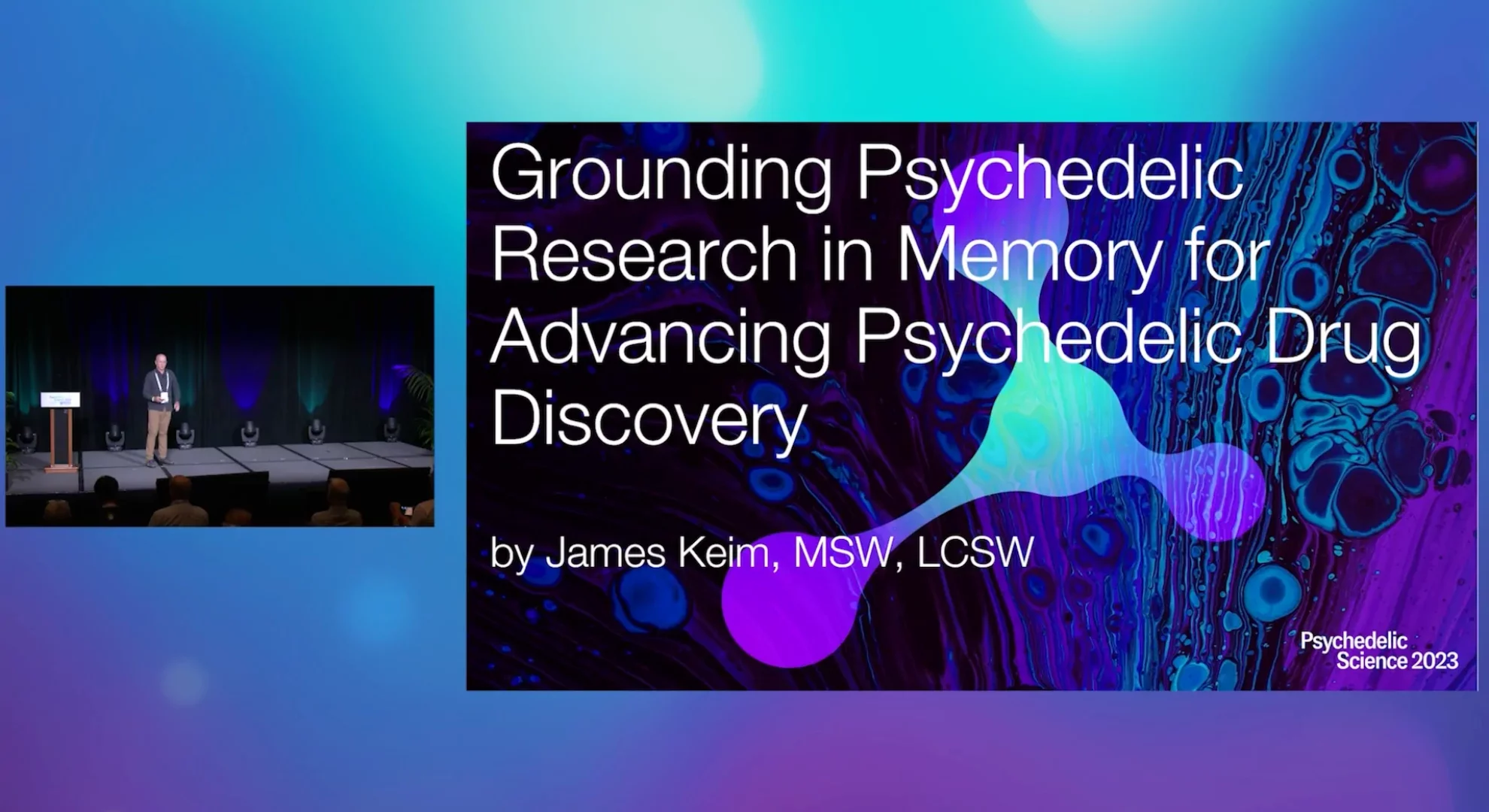
Grounding Psychedelic Research in Memory for Advancing Psychedelic Drug Discovery
Psychedelics transform how memories are experienced and promote neural plasticity. Plasticity promotes memory formation and forgetting, thereby positing memory as a mechanism through which psychedelic-induced plasticity can be harnessed. We argue that we cannot fully understand the therapeutic potential of psychedelics, nor their potential for misuse, without a grounding in how they impact memory. M.K.D. will begin with the current state of this research. Regarding memory formation, psychedelics impair hippocampal memories associated with “autonoetic consciousness†but may enhance cortical memories associated with “noetic consciousness,†analogous to ego dissolution and insightfulness, respectively. Thus, driving insight learning could overwrite inflexible cortical memories. Computationally, these effects are expressed as a shift from threshold processing to a continuous form of information processing speaking to how psychedelics reduce the ‘threshold’ between one’s sense of self and environment. MDMA produces eye movements resembling those of eye movement desensitization and reprocessing, which involves recalling traumatic memories while making saccades. Saccades enhance memory retrieval and distortion and reset hippocampal rhythms that promote plasticity. Thus, recalling memories under MDMA may facilitate revising maladaptive memories, though potentially inducing false memories warrants caution J.K. will close with how understanding the mnemonic effects of psychedelics could inform clinical use and drug design.
Share: Grounding Psychedelic Research in Memory for Advancing Psychedelic Drug Discovery
Facebook
Twitter
LinkedIn
Email




